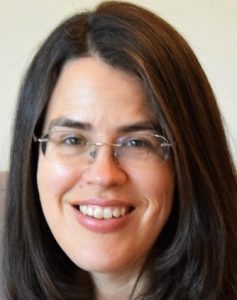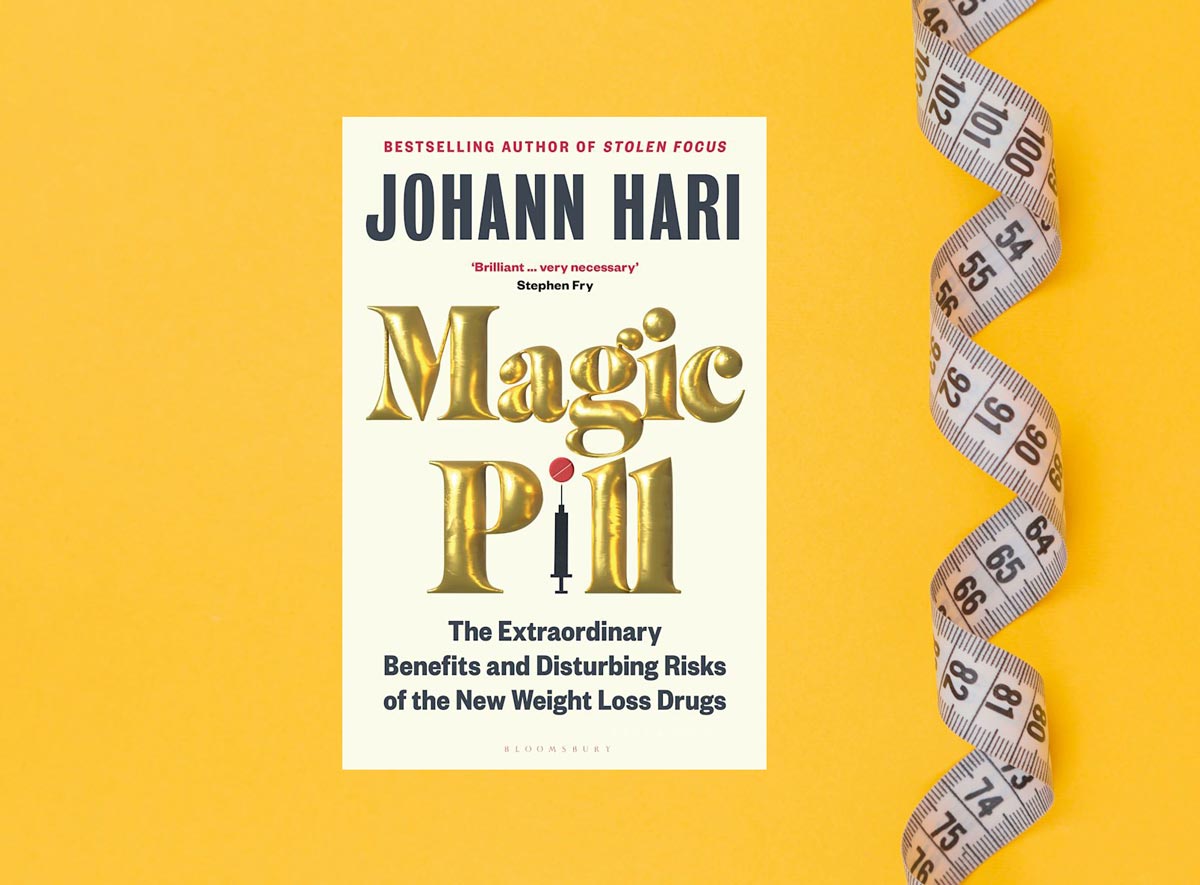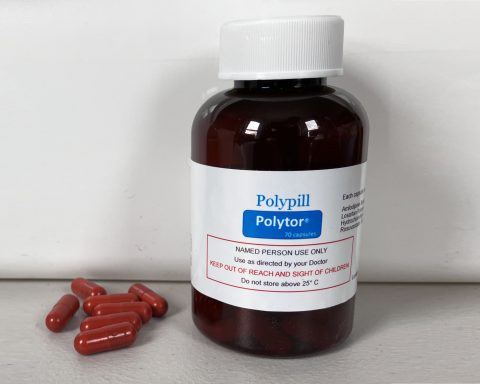
Initially it was GPs who opted not to become partners who became ‘Other’. Making a positive choice to be a clinician without managing a business, owning premises, and employing staff was less worthy of respect, a ‘Non-principal.’1,2
Out of hours GPs have also been subject to ‘Othering’. Out of hours work, whilst attractive because of its flexibility with clear boundaries does, however, bring the challenge of managing urgent problems, sometimes without access to medical records, in the absence of long-term patient relationships. Despite being rated as higher ‘risk’ for indemnity, it is still viewed as an inferior form of general practice. Recently this skillset has been rebranded as ‘Urgent care,’ with dedicated courses, and is receiving the respect it deserves in managing unscheduled demand both out of hours and in hours, including working for 111 in England.3
Digital GP roles too have been treated with disdain, described as ‘Transactional,’ and consumerist, without continuity.4,5 However, these roles can include care to a registered NHS patient list care or a non-list-based service to private patients. The devil is in the detail. Some digital roles may be limited in scope for example in urgent care however increasingly digital roles provide the full scope (all ages, acute and chronic illness, and preventative care) just without the face-to-face contact.
Os the GP’s skill diminished because they weren’t the one to auscultate the chest and check oxygen saturations?
Are these ‘Proper’ GPs? Should they be doing a set amount of face-to-face work? Increasingly examination findings may be provided by other members of the team (for example nurse practitioners or paramedics doing house calls). Is the GP’s skill diminished because they weren’t the one to auscultate the chest and check oxygen saturations? These allied health professionals (AHPs) can examine patients and contribute to management of cases managed under the overall supervision of GPs in both urgent care and scheduled care. The real challenge is in integrating the sources of information (history, examination, medical and social context) and making shared decisions which are safe in a health economy which is very under-resourced, with constantly evolving guidelines, standards, and pathways. It does not take long to refresh these examination skills but the ability to manage complexity, undifferentiated problems in an under-resourced and constantly evolving health system requires a much higher level of skill.6
UK -trained GPs working abroad are also being “Othered”. Most of these doctors plan to return eventually but our NHS seems to be doing its best to make this as hard as possible by encouraging them to resign from the performers list and expecting them to undergo the cumbersome return to practice scheme or Portfolio route if they return to the UK. Yet the regulations merely state that performers may be removed if have not performed GP services in the preceding 12 months.7 Some doctors are being asked to do an arbitrary set number of NHS sessions to retain their rights to stay on the performers list when they may work 200 or more clinical sessions abroad. For most hospital specialists returning from work abroad an induction to the new workplace is all that is usually required or indeed offered.8
Appraisers and responsible Officers can find it difficult to keep up with the diversifying range of GP portfolios they have not had personal experience of.
Appraisers and responsible Officers can find it difficult to keep up with the diversifying range of GP portfolios they have not had personal experience of. This can lead to appraisers asking these doctors to jump through arbitrary additional hoops. However, appraisal is about fitness for the current roles not the role one that the doctor obtained their original Certificate of Completion of Training (CCT) in. As professionals, GPs have the responsibility for practicing within the limits of their competence which means actively seeking out support, induction or supervision when moving to a new role or new environment, not relying on an appraiser to set arbitrary competency requirements.9
Despite the presence of sessional GPs in many senior positions across NHS England and Improvement, Integrated Care Boards, Local Medical Committees, and Academic departments, there remains a narrative that there are partners and then there are the “other” GPs. These other GPs threaten the ‘Holy Grail’ that is the partnership model of general practice.
Sessional GPs have been pioneers in trying out new roles and new models of general practice and through this courageous and open-minded experimentation have managed to retain their passion for general practice whilst balancing work and personal life. This has also allowed general practice to organically evolve and gives us all hope for professional fulfilment as an alternative to “burnout” and disillusionment.
References
- Chambers, R Fieldhouse and S O’Connell. GP non-principals’ education: let’s improve access for our flexible friends. British Journal of General Practice 1998; 48 (434): 1551-1552.
- David Martin, Paul Harrison and Helen Joesbury. Extending appraisal to all GPs, School of Health and Related Research (ScHARR), University of Sheffield. July 2003
- COGPED RCGP SAC. Supporting the Educational Attainment of Urgent and Unscheduled Care Capabilities in General Practice Specialty Training. Guidance Paper 2019 https://www.cogped.org.uk/images/docs/publications/COGPED_and_RCGP_Out_of_Hours_Urgent_Care_Position_Paper_August_2019.pdf [accessed 7/6/24]
- https://capcbristol.blogs.bristol.ac.uk/2020/09/29/destabilising-primary-health-care-digitalised-remote-consulting-and-post-covid-19-patient-care/ [accessed 7/6/24]
- Greenhalgh T, Rosen R, Shaw SE, Byng R, Faulkner S, Finlay T, Grundy E, Husain L, Hughes G, Leone C, Moore L, Papoutsi C, Pope C, Rybczynska-Bunt S, Rushforth A, Wherton J, Wieringa S and Wood GW (2021) Planning and Evaluating Remote Consultation Services: A New Conceptual Framework Incorporating Complexity and Practical Ethics. Front. Digit. Health 3:726095. doi: 10.3389/fdgth.2021.726095
- https://www.rcgp.org.uk/mrcgp-exams/gp-curriculum/being-general-practitioner [accessed 7/6/24]
- The National Health Service (Performers Lists) (England) Regulations 2013. Removal from a performers list. 14. Paragraph 5.
- https://www.gmc-uk.org/about/what-we-do-and-why/data-and-research/research-and-insight-archive/understanding-the-nature-and-scale-of-the-issues-associated-with-doctors-induction [accessed 7/6/24]
- https://www.gmc-uk.org/-/media/documents/good-medical-practice-2024—english-102607294.pdf [accessed 7/6/24]
Featured image by Markus Spiske on Unsplash









What a well balanced and compassionate article which pinpoints issues of conscious and unconscious bias against sessional GPs by ‘othering’. We need parity of esteem for our shared skills of dealing with uncertainty and complexity!